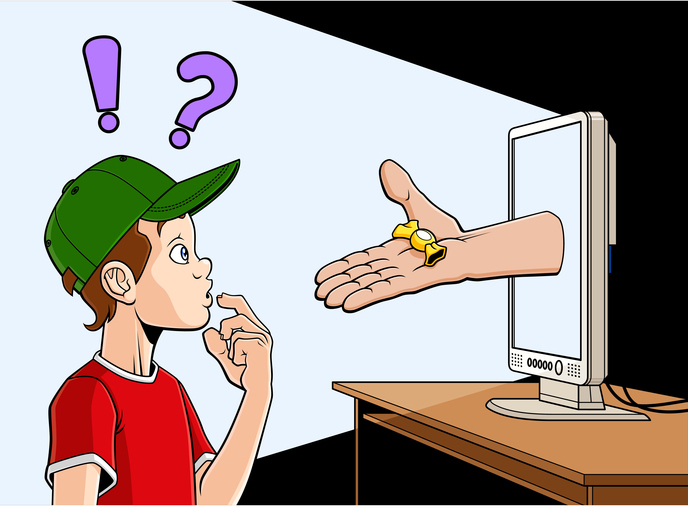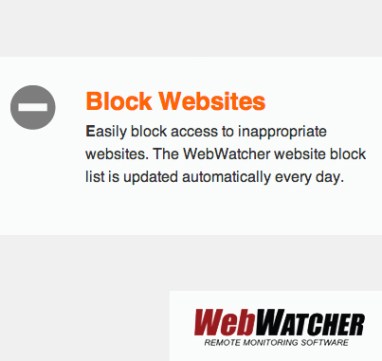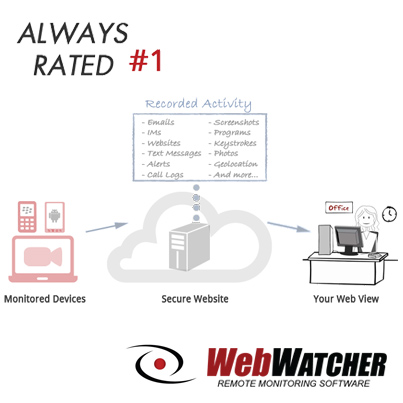There are lots of things to worry about when it comes to your teen’s internet use – everything from Internet addiction to cyber bullies. But there’s probably nothing scarier than the worry about online predators – faceless, anonymous strangers that are looking for any information they can use to exploit your child. It’s easy to feel helpless against that kind of threat. After all, you don’t know who these predators are or where they are, but you know they can reach your teen anywhere they happen to be, through their mobile device or computer. But there are things that you can do to protect your teen. Here are some tips that can help.
Know the Red Flags

Online predators typically don’t seem like predators to teens. They work to gain your teen’s trust, then use that trust to reach their own ends. This is called grooming, and there are signs that you can look for that can let you know if your teen might be being groomed by an online predator.
Has your teen become more secretive about their Internet use? Do they switch screens when you walk into the room or hide in the bedroom with their devices? Have you discovered your teen using alternate email addresses or screen names that you weren’t aware of? These could be signs that your teen is doing something that they don’t want you to know about. That doesn’t always mean that they’re communicating with someone you wouldn’t approve of, but it can mean that. Also, look for signs that your teen is withdrawing from friends or from activities they previously enjoyed, phone calls from strangers, or new items – like a new cell phone – that you didn’t buy for your teen and that your teen can’t adequately explain.
Communicate

It’s important to have frank conversations with your teen about the potential dangers of Internet use. Make sure that they are aware that there are predators out there. Talk about what inappropriate contact online looks like, and what your teen should do if they experience it.
Also, make sure that your teen knows how to protect themselves. Many parents assume that their teens are more tech-savvy than they are, but teens don’t always know how to manage their privacy settings or report unwanted contact online. You can help ensure that your teen is fully informed about online safety and privacy.
Monitor
Perhaps most importantly, you should monitor what your teen is doing online. Monitoring is not the same as spying, and you shouldn’t do it secretly. In fact, it should be a rule that you have access to your teen’s devices and know their passwords, and you should use that information to check on your teen’s online activities.
It’s important to stress that monitoring your teen’s online activity isn’t a punishment, and you should do it even if you completely trust your teen. In this case, it’s not your teen that you need to worry about – it’s predators on the Internet. You can’t keep your teen safe if you don’t know where they’re going or what they’re doing online.
Parental monitoring software can help you monitor your children’s Internet use. To find out how you can more easily keep your teen safe online, get our free trial.





